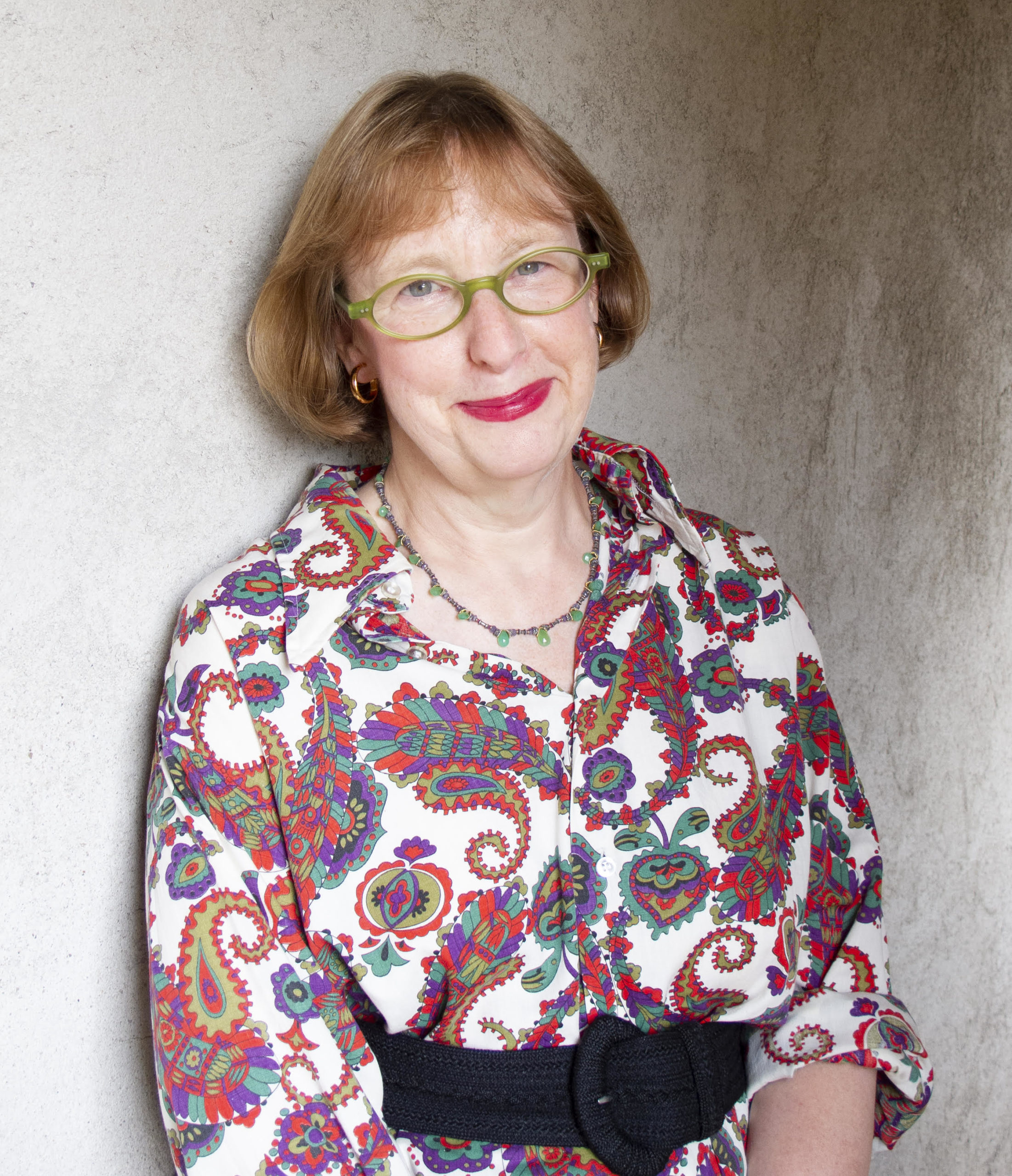The story starts in a small, historic coastal town north of Boston called Vigil Harbor. Does that description sound familiar? Well it should, because Vigil Harbor is a fictional town, based on Marblehead and created by the town’s very own Julia Glass.
It is the setting of Glass’ most recent book Vigil Harbor, which was released in May 2022. The paperback version of Glass’ seventh novel is set to come out in May this year.
Glass said that while writing Vigil Harbor, which is set about a dozen years in the future, she thought about how climate change and rising sea levels affect the Atlantic coast.
“We live in one of the most vulnerable places in terms of climate change, and yet, we’re also sort of up on a granite headland,” Glass said. “We are not in the same dire straits that many low-lying places on the cape are, for instance.”
Marblehead also has a “forward-facing” attitude with groups such as Sustainable Marblehead, she said.
Glass said that she is very interested in the concept of place, and that the relationships of her characters to the places they live in are very important in her books.
“But I wondered, ‘What would it be like to write about a group of characters living in a community that has always felt fairly protected from the many divisive issues that are going on in our country?’” Glass said. “Yet, no place can ever be completely immune to global effects, and so what would it be like if within this community of people, something dangerous enters and something dire happens to these people as a result of the politics surrounding environmental activism?”
The book follows a group of characters, two of whom are outsiders to the town.
“Those two outsiders who come to town each have a kind of secret agenda and what happens over the next few days after their arrival is what comprises the drama of the book,” Glass said.
She added that while the novel has a satirical element, she likes to view it as hopeful rather than dystopian.
Glass has been a writer for most of her life, but not always of fiction. Her initial ambition in life was painting, and to fund her artistic life in New York City during her 20s she took up copy editing and column writing.
“I was reading so much fiction and it really was in my very late 20s, in my early 30s that I realized that what I really wanted to do was write stories,” Glass said. “And it was kind of terrifying because I thought, ‘Have I wasted over a decade of my life?’”
At that point she switched from painting to writing fiction. She was 36-years-old when her first short story was published.
After realizing she had to write a novel, Glass’ debut Three Junes was published in 2002, when she was 46. At the time she and her family were still living in New York City in a “small but cool” apartment.
“I had an extraordinary stroke of fortune, which is that it won the National Book Award, and so that’s what brought us up here,” Glass said.
With the success of Three Junes, Glass and her spouse suddenly had “a chunk of money” and, with it, more options for where to live. While she was happy raising their children in the city, her parents were still in Massachusetts.
“I thought, ‘You know what, if I can’t raise my kids in the city I’m going to raise them by the water,’ and I’ve always loved Marblehead,” Glass said.
Her family made the move in 2005 and they have been in Marblehead ever since. Glass now teaches a class two days a week at Emerson College in Boston.
She has already started thinking about her next book.
“I am wading in so to speak,” Glass said. “I described writing a novel as setting off in a lifeboat across the Atlantic Ocean and you got all your supplies, (you are) very excited, and then at some point, you look up and you realize there’s no horizon in sight.”
You don’t know if you have enough supplies to get you to the other side, but you just keep on going,” she added.
While she said she has finished every book she has started so far, it has not given her “the confidence that this next one is going to work out the same way.”
“I’m still in the struggling zone,” she said.

